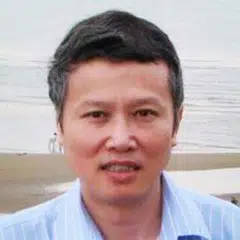
Zhang Tiankan
Academic, columnist
Zhang Tiankan is a Chinese academic and columnist whose research interests lie in the relationship between science and technology, philosophy, culture, history and society. He is also a published author of various books and articles in China and abroad.